If you have been injured on someone else’s property, you may be able to file a claim. According to Georgia law, you have two years from the date of the incident to file a premises liability lawsuit. That incident could involve a slip-and-fall, a hazardous condition or an elevator accident, just to name a few.
In order to have a strong case, you should be able to prove the following:
- The property had a condition that was dangerous.
- The property owner either knew or should have known about the condition.
- The property owner failed to fix the dangerous condition.
- The condition is what caused your injury.
These suits are often brought against defendants such as homeowners, landlords, business owners or even property managers.
If you plan on filing a claim, you should prepare for how the defense could argue that you had some degree of fault in the incident. This is called the comparative negligence defense. Under the law, your damages could be reduced if a judge determines you were even partially responsible for the accident. Some common comparative negligence arguments include stating that you were on property where you should not have been or that you should have been aware of the dangerous condition.
For example, if you fall down stairs that were clearly hazardous in an apartment building, you may be able to sue the landlord or another party. However, if witnesses saw you staring at your phone instead of paying attention to where you were going, a judge could deem you partly at fault for the fall.
While this information may be useful, it should not be taken as legal advice.



